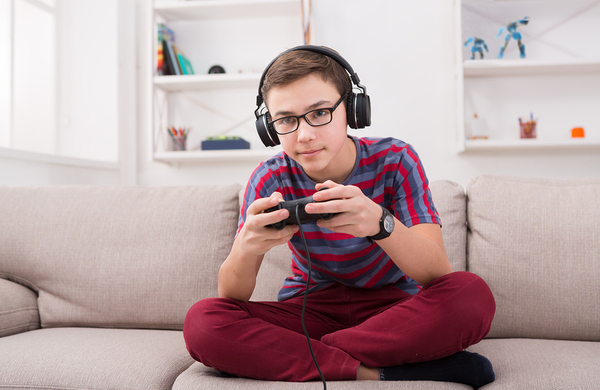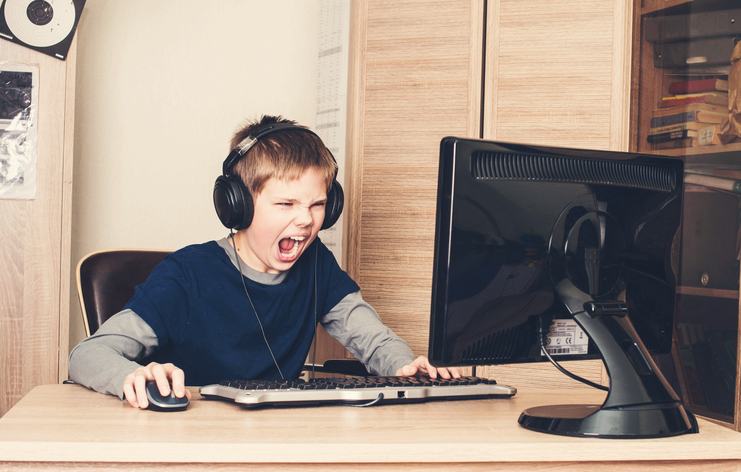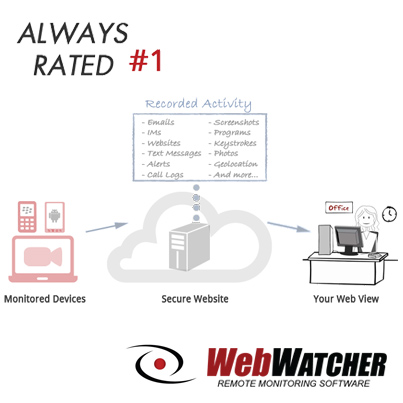Video games get a bad rap, but they aren’t all bad. Some video games can actually help your child improve skills like problem solving and creativity, and they can be a healthy way for kids to engage in competition. They also provide opportunities for socialization – but online gaming communities can be more problematic than the games themselves. While gaming can be a fun way for kids to interact with their peers, it can also expose them to some serious dangers. Take a look at some of the pitfalls your child could find in the online gaming community.
Predators

You might think that you can protect your child from online predators by limiting them to more child-friendly games. Unfortunately, predators often target these types of gaming communities specifically because they know that they’re likely to find children there. This has been a real problem for gaming communities like Roblox.
Roblox is specifically marketed toward children and teenagers, but families whose children play Roblox games have reported their children receiving sexually explicit messages and encountering avatars that are dressed provocatively and engage in sexually suggestive behaviors. This can be upsetting for children and catch parents, who believe that the community is safe for children, by surprise. It can also be dangerous – the ability to message other players allows predators to quiz young players for sensitive information, like their name, address, or school. You can mitigate some of the danger by going into the privacy settings and turning off your child’s ability to receive messages from strangers.
Cyberbullying
While healthy competition online can be a good thing, it’s also possible for the online gaming community to become an unhealthy environment where cyberbullying and abuse are common.
The anonymity of online gaming communities often allows kids and teenagers to say things that they might not say if they were sitting across from someone playing a board game. This commonly includes profanity and other verbally abusive comments, but it can go much further – players have been doxxed (had their private information revealed publicly by a 3rd party) or swatted (what happens when someone calls the police and falsely reports a hostage situation or other violent event at another players address, prompting a response from the local SWAT team.)
Addiction

While gaming in moderation can be a perfectly good hobby when done safely, in some cases kids go far past moderate levels. Gaming can be an addictive activity, and it’s easy to become so involved in the games that they interfere with other aspects of life.
If your child is spending so much time gaming that they aren’t interacting with friends offline, completing their schoolwork and chores, or spending time with their family, they may have an unhealthy attachment to the game.
If you want your child to be able to participate in games and stay safe at the same time, awareness is your most important tool. You need to know who your child is interacting with, what they’re seeing on the screen, and how much time they’re spending on the game. Parental monitoring software can help you keep track of your child’s gaming activities. To find out how it can work for you, get our free trial.





